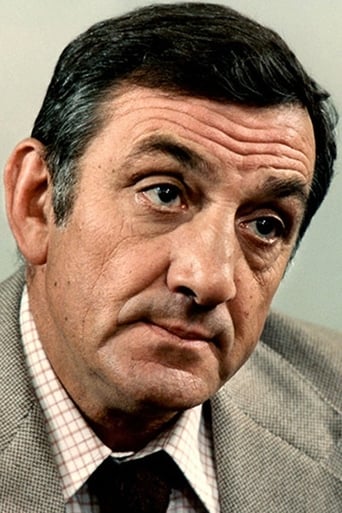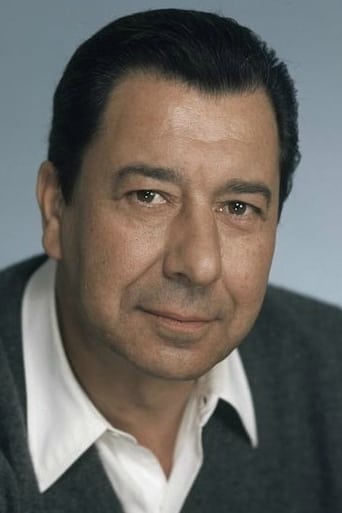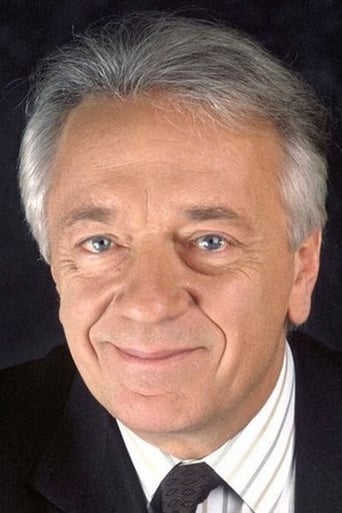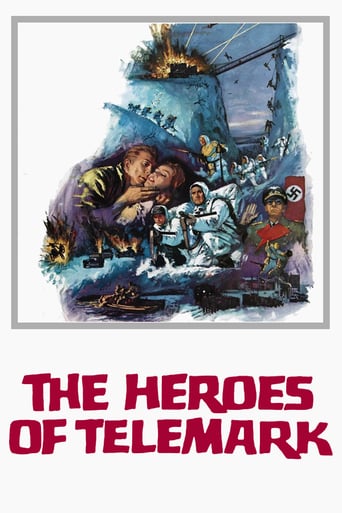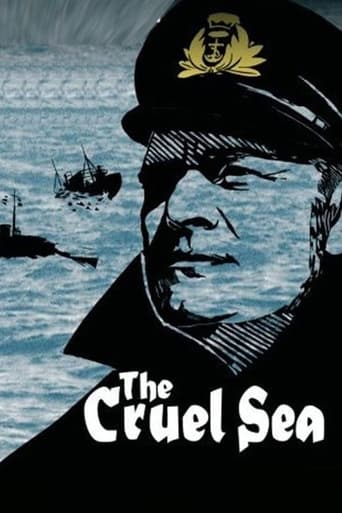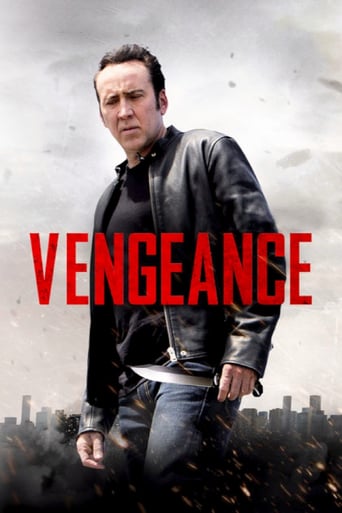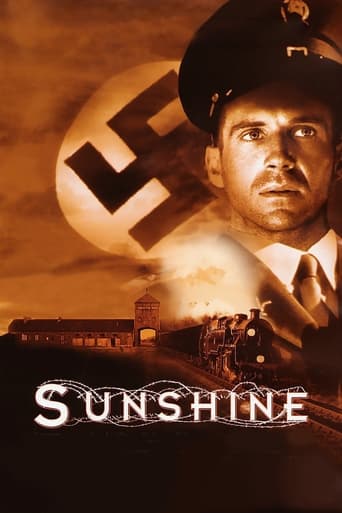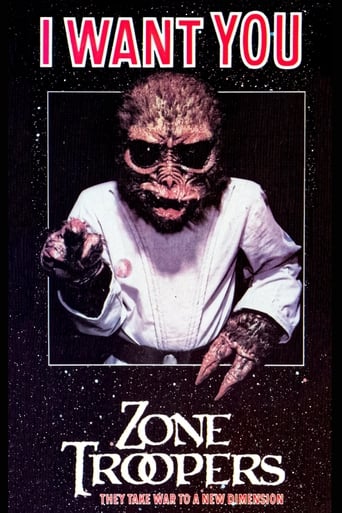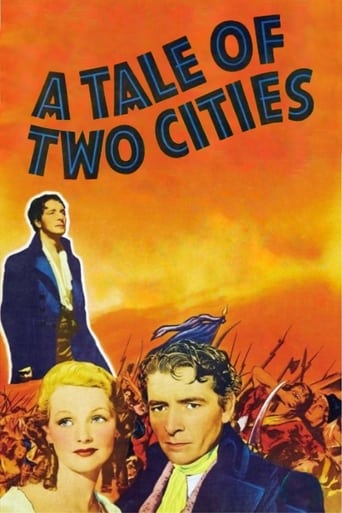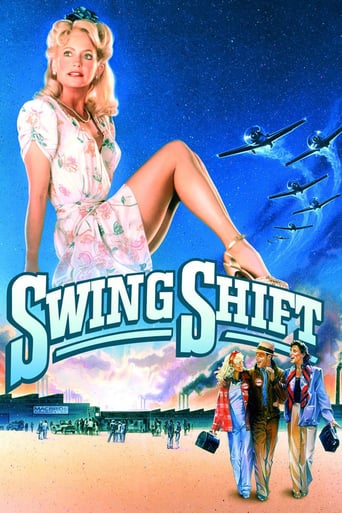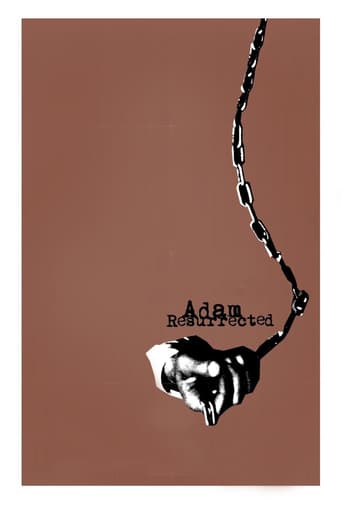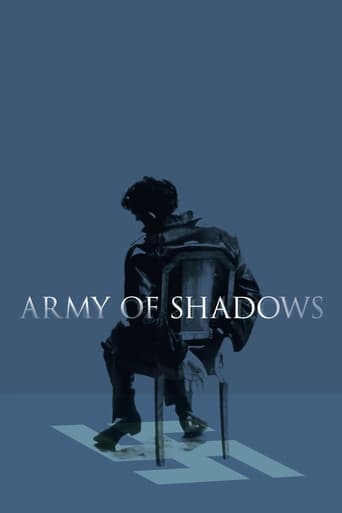
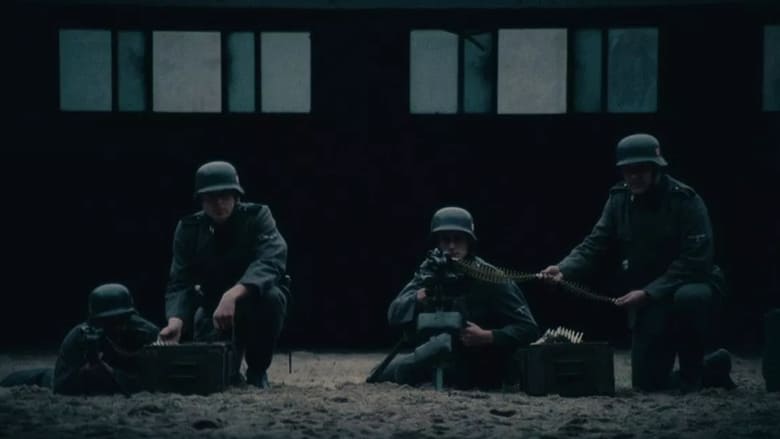
Army of Shadows (2006)
Betrayed by an informant, Philippe Gerbier finds himself trapped in a torturous Nazi prison camp. Though Gerbier escapes to rejoin the Resistance in occupied Marseilles, France, and exacts his revenge on the informant, he must continue a quiet, seemingly endless battle against the Nazis in an atmosphere of tension, paranoia and distrust.
Watch Trailer
Cast


Similar titles
Reviews
a brilliant meeting between great actors and touching story. a story about war, at the first sigh. in fact, a story about ideal, sacrifice and profound definition of patriotism. bitter, cold, gray, simple. a story about survive and the price for it. the theme is not original but the precision to present the details and the structure of emotions, gestures and decisions, the construction of characters, the science to give not exactly stories of few people but the space in who the viewer becomes part of events is the splendid pillar of film. because , in a pragmatic society, to remind the value of the ideals seems strange. The Army of Shadows is a precious pledge for rediscover the necessity to not ignore the sacrifices and the force of links with the country who remains, again and again, yours.
In 1942, in France, the engineer and chief of a cell of resistance Philippe Gerbier (Lino Ventura) is arrested and sent to a prisoner camp. He succeeds to escape and together with Felix Lepercq (Paul Crauchet) and the resistance killer Claude "The Mask" Ullmann (Claude Mann), they kidnap the traitor that gave him away to the Germans and execute him. Gerbier travels to London to discuss external support to the resistance and meanwhile Felix is captured by the Germans and tortured. The resistance members Mathilde (Simone Signoret), Guillaume "Bison" Vermersch (Christian Barbier) and the Mask unsuccessfully try to rescue him. But the brother of the resistance chief Luc Jardie (Paul Meurisse), Jean François Jardie (Jean-Pierre Cassel), sacrifices himself to have the chance to give a cyanide pill to Felix. Along the months the group operates until the day one member is captured by the Germans and becomes a threat to the others and shall be executed."L'armée des ombres" is another long movie directed by Jean-Pierre Melville about members of the French Resistance in the World War II. The movie has great performances, locations, set decoration, costumes and cinematography. However, the original plot does not show any French Resistance operation against Germans the way we used to see in other movies. The movie gives the sensation that the members fight only for their self-preservation during the war. Gerbier flees easily from the Germans and in situations not believable. Mathilde's mistake is silly and also unbelievable for a woman with her profile. But the worst situation is when Mathilde and the two killers go to the Gestapo's headquarter without any explanation how they have gotten the documents and with two guys that do not speak German. My vote is seven.Title (Brazil): "O Exército das Sombras" ("The Army of the Shadows")
There comes a time when you decide not to run. L'armée des Ombres is perhaps Melville's finest accomplishment. The rain in the opening credits pretty much tells you what you're in for. Torture, murder, futility and the ever-present cloud of endless war, is this the French Resistance in World War II or was it made yesterday? Stylish and sedate, Melville finally took on a subject worthy of his skilled eye above pop heist yarns. He was slammed around during the release because of petty politics, but it holds up like the pyramids today when nobody cares who or what a de Gaul apologist was. This thankless, gritty and thoroughly unglamourus study of an underground militia on the run isn't something you will soon forget.The most common complaint about the film seems to focus on the pacing and length. This is something I simply do not understand. When L'armée des Ombres finishes, you feel as if you have been through a torrent of experiences just as Gerbier. Any speedier editing and the movie would come off as a popular spy film - and it simply is not a fit for that genre. Even the cinematography tells us it's going to be a dim journey. It feels as if every scene is filmed through a neutral density filter and the blue cast doesn't allow any warmth in whatsoever. Though the framing is often static, there are indeed some breathtaking camera moves at the right moments.L'armée des Ombres may not have the cool factor of the Delon pictures, but it's got truth on it's side and a truckload of memorable characters and performances. There is a masterwork here for those looking to see something special. If you want something faster, go watch Ocean's 11 and forget what you saw ten minutes later. L'armée des Ombres will stay with you a long time.
Oftentimes, critics like to toss around terms like great, masterpiece, brilliant, etc., just to blow their own horns, or to jump on a bandwagon started rolling by a big name critic (this is called critical cribbing, and also involves the pilfering of review points from others). But, more often than not, the real reasons such terms are loosely bandied about is because most critics are simply lazy, too lazy to actually invest some time in engaging the film, book, artwork, theory, they are, by dint of their profession, supposed to do. What happens, then, is that this overpraise boxes a critic in, especially when a true masterpiece, or great film, comes along, because you end up with a pantheon of art that is mostly solid to good, at best; thus effectively making the praise they offer to truly great art meaningless, for it is indistinguishable from that offered to the merely solid. A good recent example of this comes from the 2006 American release of Jean-Pierre Melville's 1969 film on the French Resistance during World War Two, Army Of Shadows (L'Armée Des Ombres).Simply put, the film is a good, sometimes very good, film. But, compared to other war films, other films on the Second World War, specifically, it simply does not measure up.Army Of Shadows ultimately rises and falls on the strength of its screenplay, which- while not deep, is not as predictable as most Nazi films. While there is a sense of the ultimate doom for the characters, it's the how of their doom, not the why, that matters, and keeps the viewer watching. And, this fact lets the film find its own level as a good film, a very good film at its best, but nothing near a masterpiece. Sorry, critics old and young.


